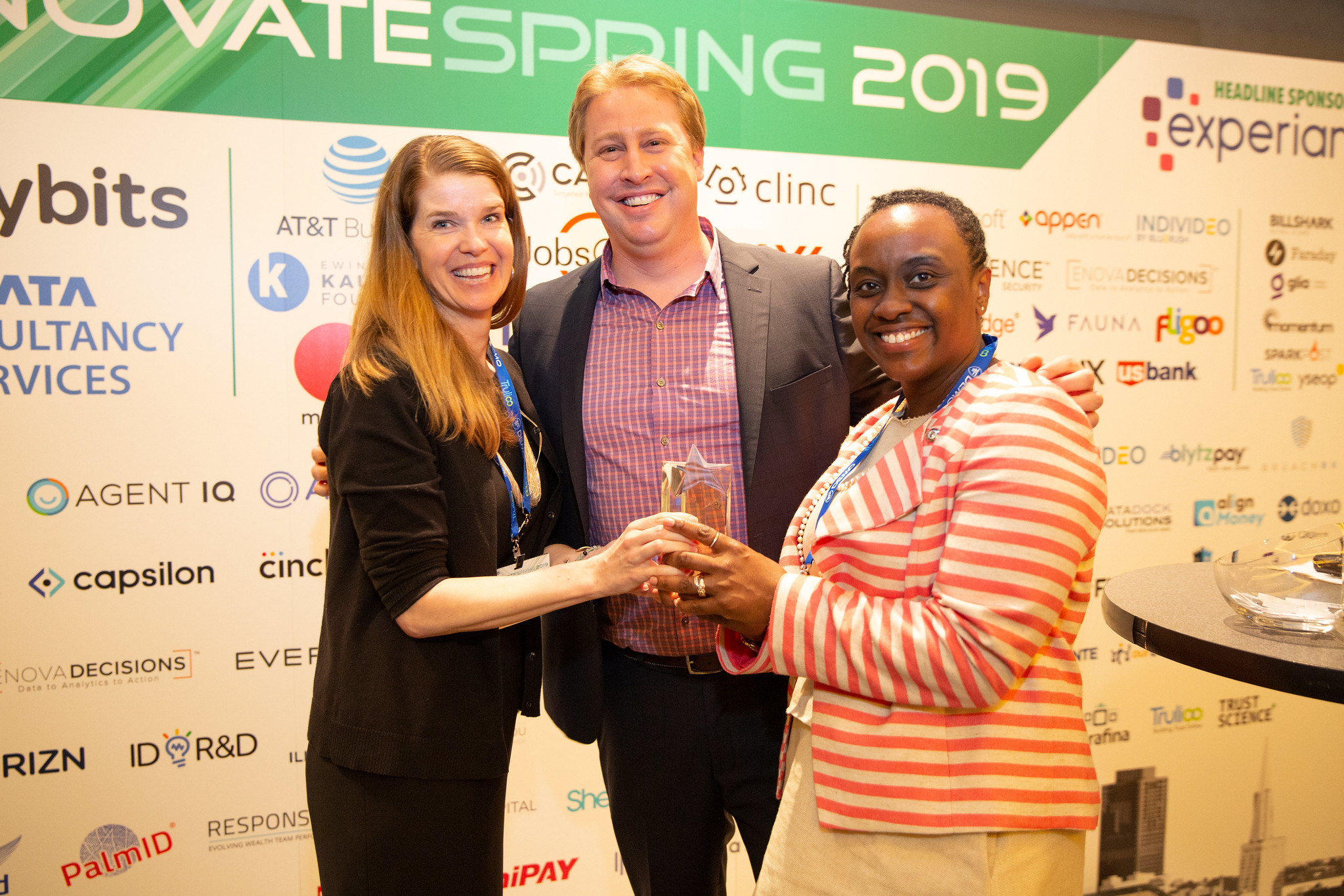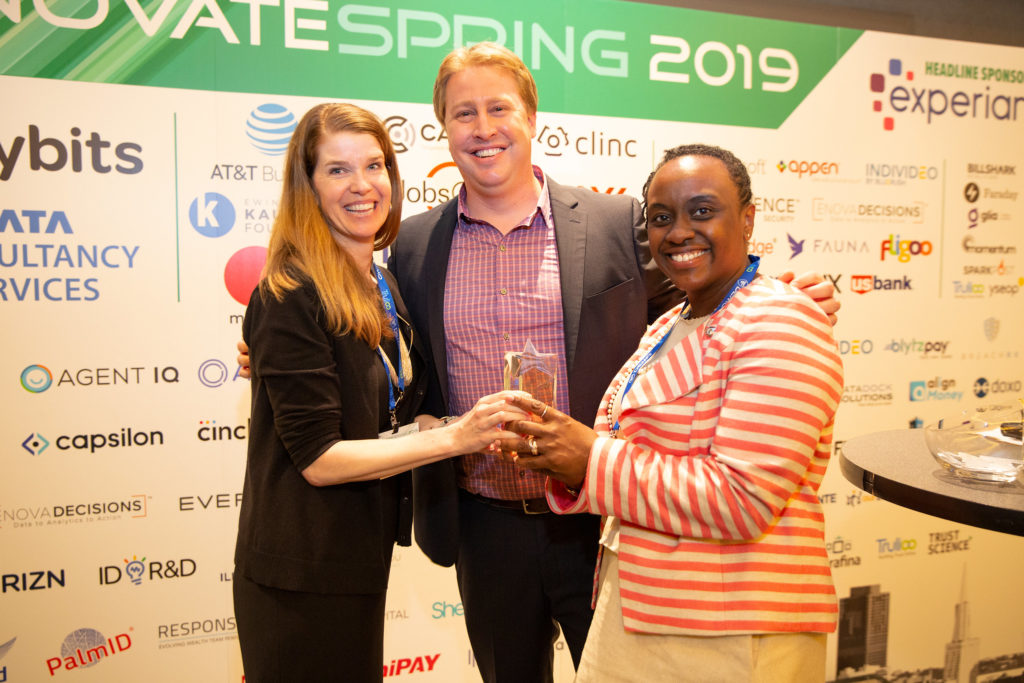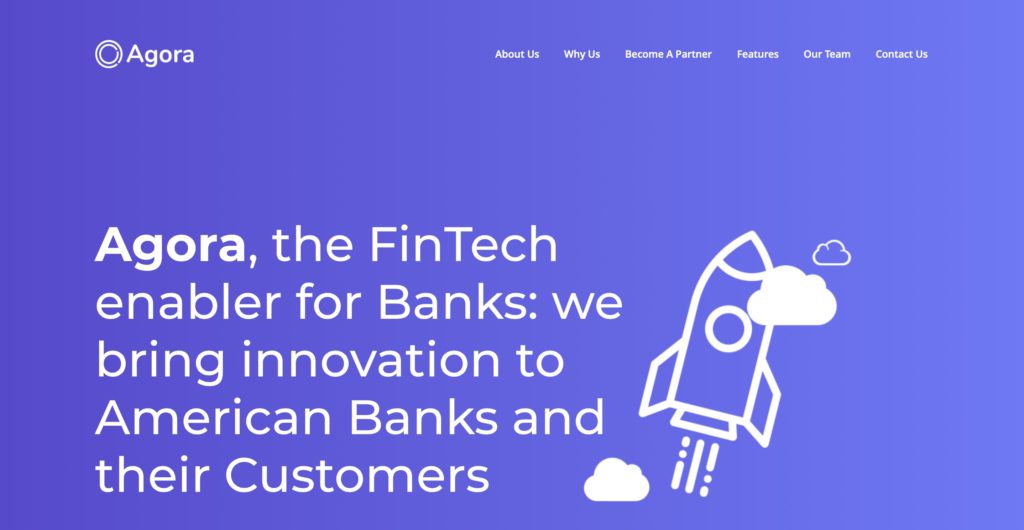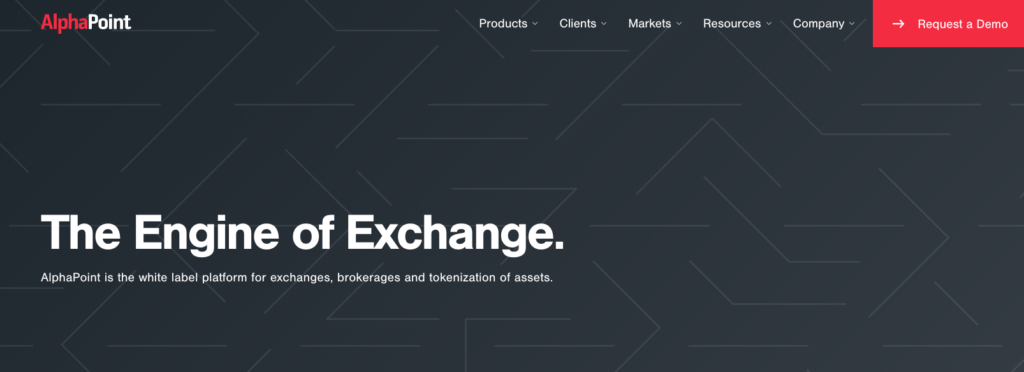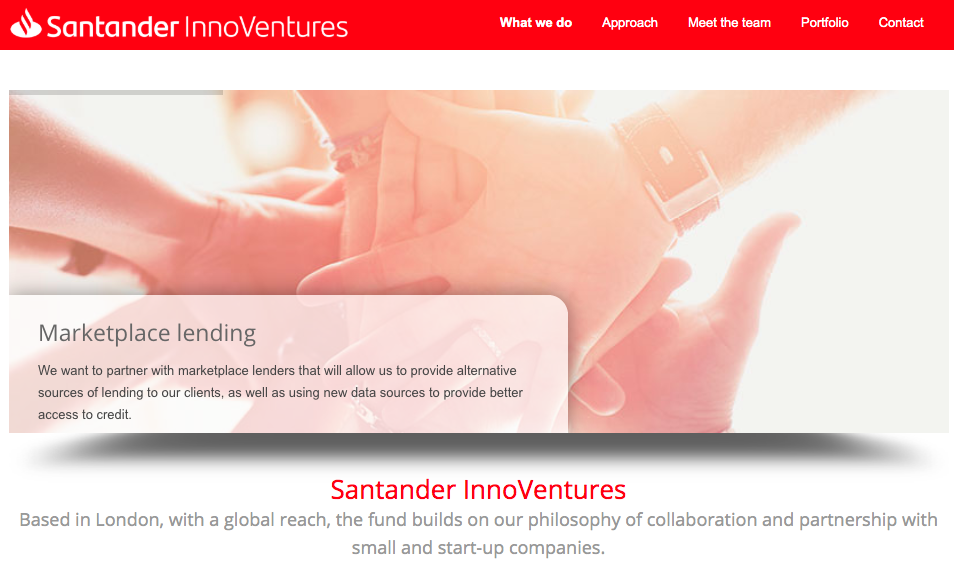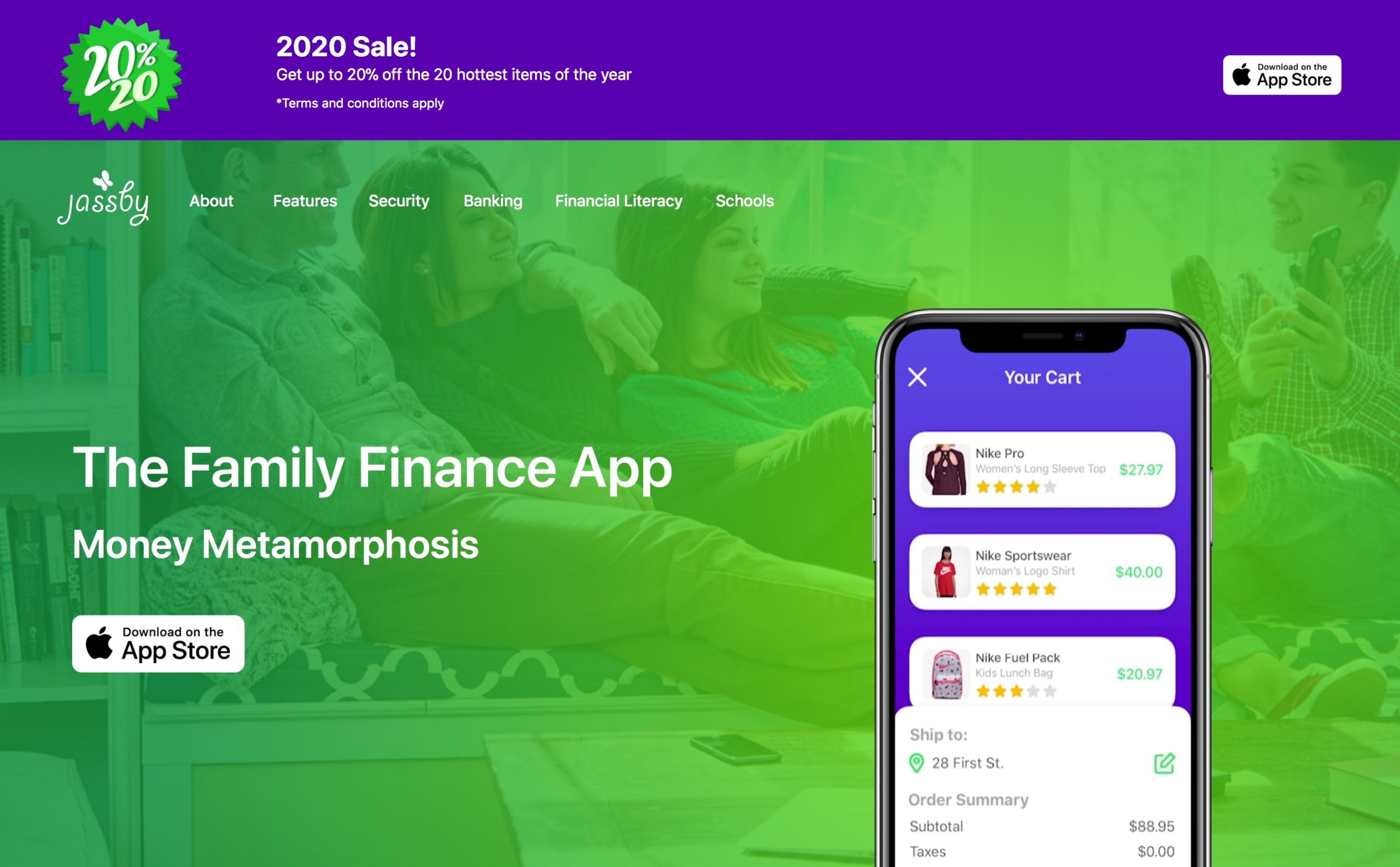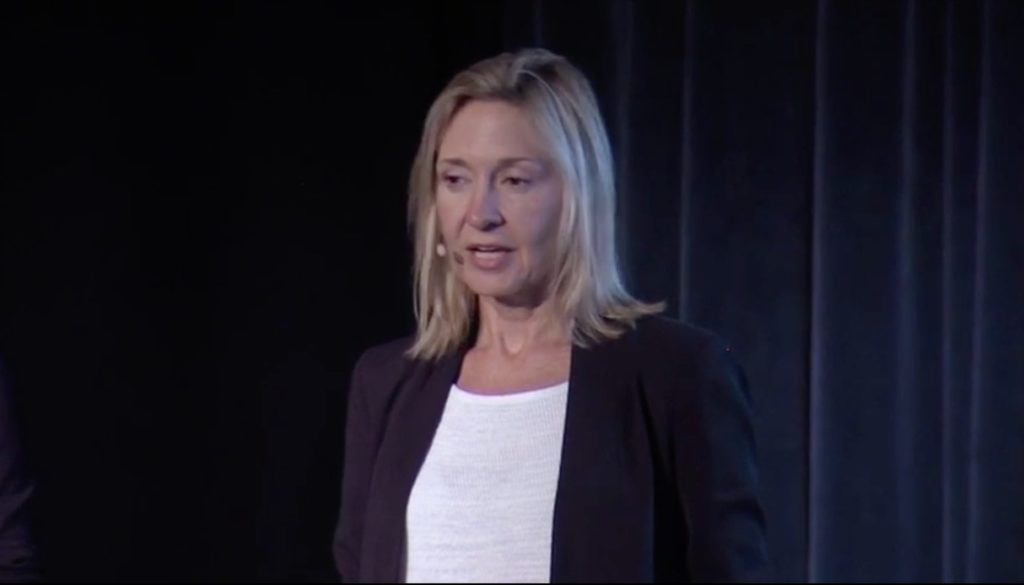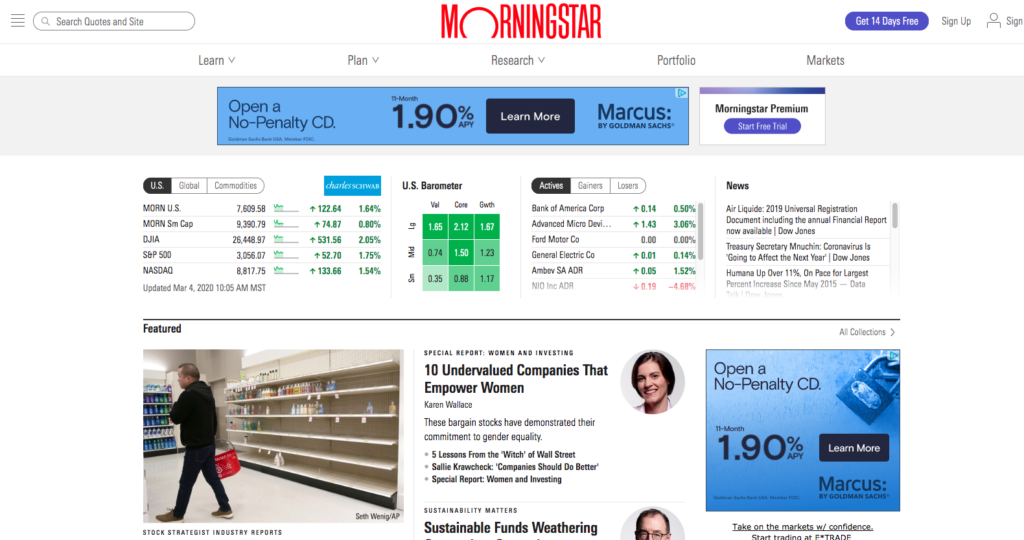
A new partnership between intelligence-driven security operations platform ThreatConnect and account takeover prevention solution provider SpyCloud will help individuals take action during the critical time between credential exposure and account breach.
Two of ThreatConnect’s solutions – its Security Orchestration, Automation, and Response (SOAR) and Threat Intelligence Platform (TIP) work jointly to help spot and respond to potential cyber threats. Adding Spycloud’s database of exposed credentials will enable ThreatConnect to more comprehensively scan for personally-identifiable information – email addresses, usernames, passwords, and more – that may be exposed and available for exploitation by cybercriminals and fraudsters shopping for credentials on the dark web.
“Our customers know that poor user password habits put accounts at risk,” ThreatConnect Integrations Product Manager Richard Cody said. “Having access to SpyCloud’s dataset through our platform means they can detect and remediate credential compromises before account takeover attacks begin.”

Austin, Texas-based SpyCloud earned a Best of Show award for its FinovateFall demonstration of its Exposed Credential Monitoring and Alert service. SpyCloud uses human intelligence-gathering strategies to identify and recover stolen assets from threat actors and private sources before they are traded on the dark web. As a result of this approach of going beyond automated solutions and webcrawlers, the company’s technology has resulted in the capture of 40 million exposed assets every week. In addition, SpyCloud also helps protect company employees from future account takeover attacks via its integration into their current authentication system.
“The data we provide to ThreatConnect customers through this partnership will not only allow them to prevent damaging account takeover attacks, but should also give them a better understanding of credential management habits among their employee and customer bases,” SpyCloud Chief Strategy Officer Chris LaConte explained. He added that making password remediation automatic and relying on NIST (National Institute of Standards and Technology) guidelines for strong, secure passwords are key components of robust cybersecurity and reducing the risk of data breaches.
Last fall, SpyCloud introduced a new suite of automated solutions to support password security maintenance in Microsoft Active Directory. The company has raised more than $28 million in funding, most recently securing $21 million in a round led by Microsoft venture fund, M12. Ted Ross is CEO and co-founder.

